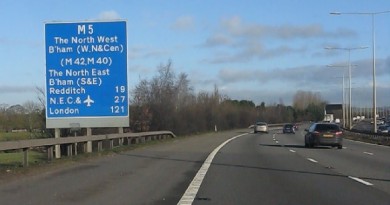Do the Truck Acts still apply?
SHORT ANSWER
No – but employers still have to pay workers in money, not goods.
FULL STORY
The Truck Acts (there had been several over many years) were laws made by British governments to stop employers paying workers in goods.
A truck system – from the French word troc, meaning barter – can be abused when workers are “forced to take goods at their master’s valuation”. It also stops them having free choice over what to spend their wages on.
In the UK, the Truck Acts were replaced by the Wages Act 1986, then the Employment Rights Act 1996.
The latter states that payments “in kind” (ie not in money) “shall not be treated as wages” unless they have a fixed monetary value and can be exchanged for money, goods or services.
So workers must be paid in money or things of fixed value that can be exchanged for money.
That doesn’t mean workers can’t receive good and services – common benefits include company cars and childcare – but these generally do not count as pay.
Finally, the UK minimum wage is less than £7 an hour- so as long as employers pay that much there’s nothing to stop them offering all sorts of perks (rather than money) on top.




